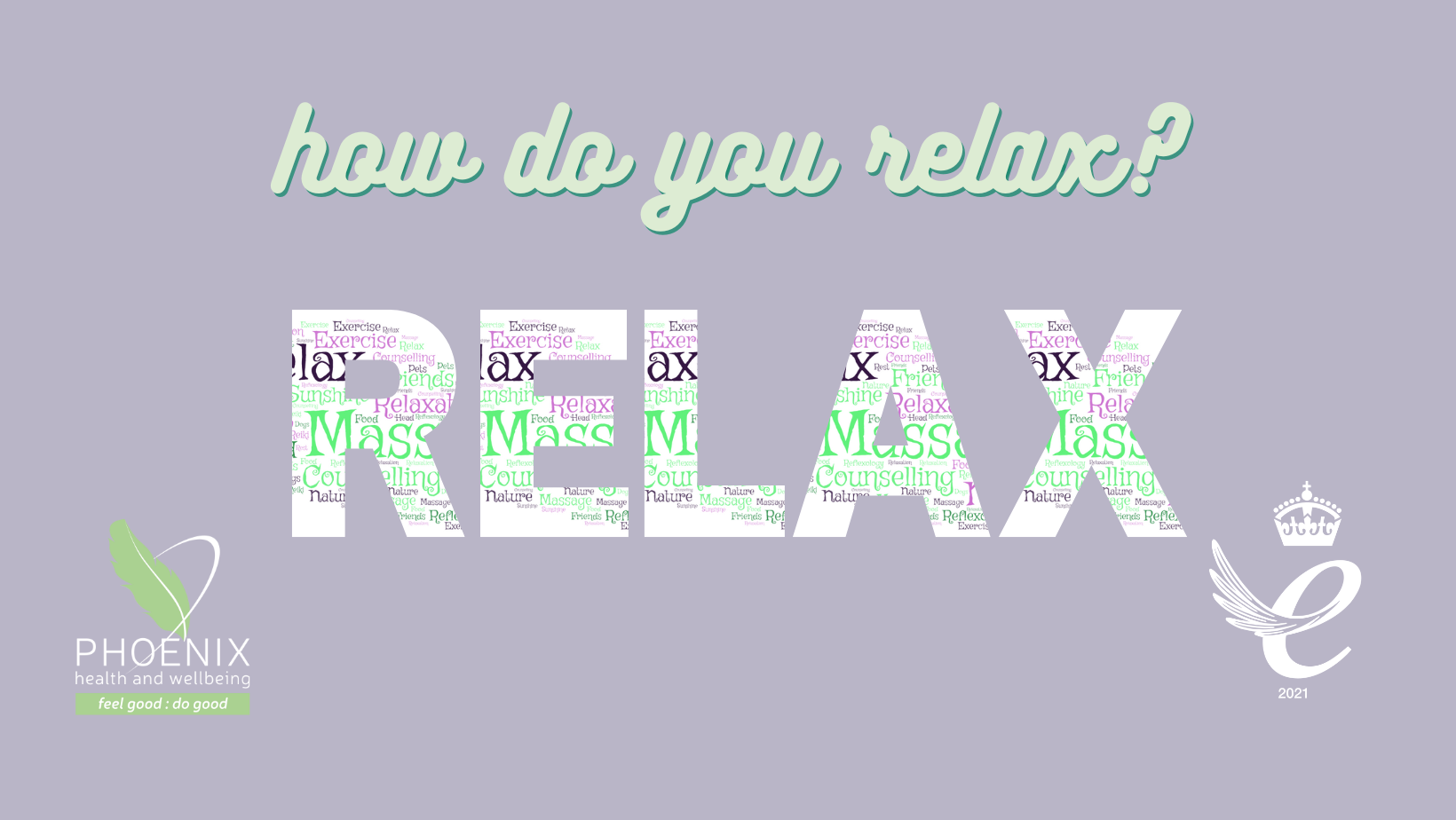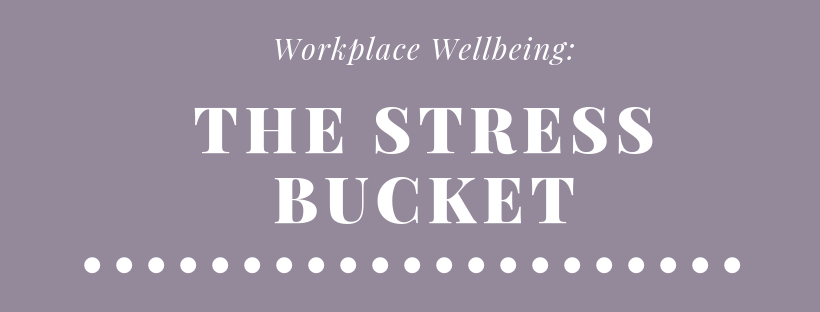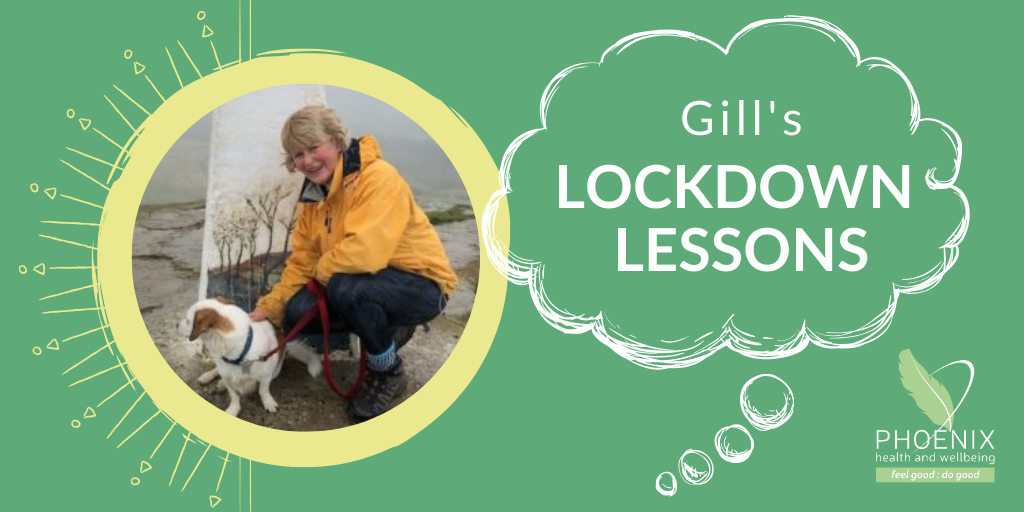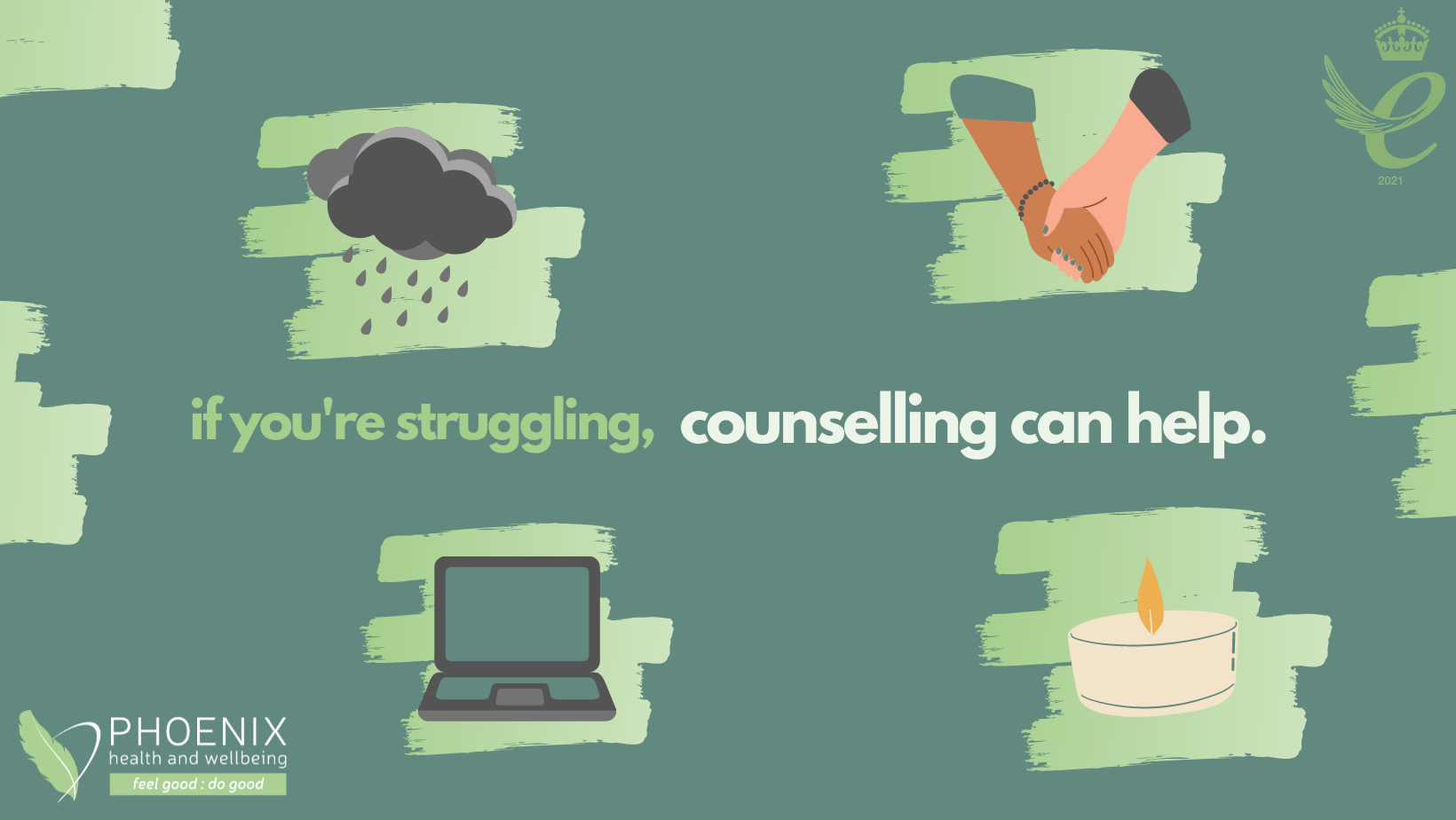
#StressSummit2022
Let’s start at the very beginning – it’s a very good place to start!
Any stress, good or bad, will result in the same physical response in your body.
What happens in the stress response?
Our stress response is designed to give us the best chance of survival when faced with life threatening situations.
When you experience stress, whether good or bad, we release hormones designed to maximize our strength and speed. They zip around the body making distinct changes – here are a few;
- blood flow is diverted from what are seen as non-essential functions to make sure more blood goes to our vital organs – for example the heart and lungs so that we can run at a sprint away from danger
- production of digestive enzymes and the mucus lining our guts are reduced
- blood flow to our guts is reduced
- our immune system is suppressed
- our breathing becomes shallow and we breath into the tops of our lungs with short sharp breaths
So how do you tell if you have good or bad stress
Not all stress is bad. We are designed to deal with a certain level and some stress can make you feel more alive and invigorated. This tends to be activity which you have some control of. It may also have a discrete time frame and afterwards your body can return to its normal balance before another stressful event occurs.
Stress tends to become negative when stressful events happen in quick succession and your body can’t return to its normal balance before the next stressor occurs. Typically, in modern life, events which make us feel uncertain or lacking control can result in negative stress. This ongoing stress is chronic and can have very detrimental effects on our health.
Signs to look for
There are some key indicators to look out for that can show you are experiencing chronic stress. There are others but these are very common:
- You wake in the middle of the night with your brain racing
- You struggle to get to sleep
- You have frequent infections, colds or skin conditions are typical
- You have irritable bowel or digestive troubles
- You become forgetful when ordinarily you are not
- You become moody or irritable
How to move forwards
The first stage to managing stress is to identify what it is that is causing your stress. It is highly unlikely to be just one thing. After you have identified what is causing your stress you can start to think about how to address it.
This is where the stress bucket comes in
The stress bucket is a really simple concept and that makes it very effective.
- Picture a bucket.Imagine the issues/events that are causing your stress are fluid going into the top of the bucket
- Picture each issue as a slice – this will give some proportionality to your stress e.g you might be stressed about: a relationship, work and finances.Pop these into your bucket and think how much space each takes up. So, for example work might fill 50%, a relationship might take another 20% and finances might be 10%. Your bucket isn’t full but you are still experiencing chronic stress.
- Now think what you can do about each stressor. It might be that you could speak to your boss about your work issues, speak to financial advisor or get some counselling.You might also want to add in some regular stress reliving techniques: breathing exercises, yoga, meditation or running – whatever works for you.
- The actions you can take to relieve stress are holes in the bottom of the bucket.By having sufficient holes you can stop your bucket over flowing.
Simple hey – but here’s a final tip. Do a stress bucket exercise now. Then do it again regularly. Stress is a chameleon, an unpredictable animal that changes its colours frequently. Keep thinking about how full your bucket is and how you can release some of the pressure.
Talking helps
It really does seem to be the case that a problem shared is a problem halved. The NHS website – Every Mind Matters – explains that people who have larger social circles that they can talk to or who frequently talk to friends and loved ones tend to be happier and more able to deal with stress.
The British Association of Counsellors and Psychotherapists explain that a qualified counsellor can help you to explore what is causing your stress. You can then work through actions and options to find some specific solutions.
Speaking to a counsellor is very different to talking to a colleague, friend or loved one. The counsellor won’t be upset or shocked by what you tell them. Your conversation will be confidential, and you won’t be judged for anything that you have said, done or thought.
Alison Gilbert, a counsellor at Phoenix Health and Wellbeing thinks that “the counselling setting provides a safe space for clients to explore their thoughts, reflect and really delve into their feelings. We don’t often allow ourselves enough time for self-exploration; this is what a counselling session can give.”
Stress management and massage
If you can afford to get a regular massage then it’s a sure fire way to manage your stress. Massage releases endorphins, our feel-good hormones. As well as making you feel better emotionally, a good massage will improve your physical health by moving stress hormones and other waste out of your muscles so that they can be processed and eliminated from your body.
This can really help to reduce the aches and pains associated with chronic stress. It will also boost your immune system by improving lymph drainage and stimulating your circulation.
The beneficial effects of massage in stress management have been proven in many studies. In the Journal of Orthopedic Nursing one study found that “The simple act of touch-focused care, even a simple 5-min hand or foot massage, can be useful in lowering a patient’s perceived level of stress”.
Breathing techniques for relaxation
A simple breathing exercise can be a really powerful for your stress management. This is because breathing gently, rhythmically and deeply can connect our busy brains with our autonomic nervous system.
One feature of the stress response is that we start to take short, shallow breaths. This tells the brain that we are in a stressful situation. If you consciously reverse the short, shallow breaths the brain receives the opposite message – everything is OK – relax!
Here’s a breathing exercise to try. Before you start be aware that you need to practice this exercise. With practice you can train your nervous system to calm down when it is getting stressed but this will take time. It’s not a huge commitment – just try 10 to 15 minutes a day to start with
Do try this at home – or somewhere you won’t be disturbed
Find somewhere quiet and comfortable. Sit in a chair with both feet flat on the floor and your arms either by your sides or resting gently in your lap. Have your back straight – don’t slouch!
Close your eyes and slowly become aware of your breathing. Don’t deepen your breath just breath gently in through your nose and out through your mouth. Try to keep your inhalation and exhalation the same length – counting helps with this!
Try to clear your mind. If busy thoughts pop into your head screw up your eyes tightly and then let them relax. This should clear your mind. Keep breathing in through your nose and out through your mouth.
Now try to focus your thoughts on the tip of your nose. Feel the breath as it enters your body. To start with you may not feel anything as we take our breathing so much for granted but over time, with practise, you will be able to feel the cool air entering your body.
You may feel your breath deepen naturally but don’t force it. Over time and with practise you will be able to perform this breathing exercise without any interruptions from your brain. Your mind will be calm and relaxed, and your brain waves will have a balanced Alpha pattern.
Exercise – it doesn’t have to be a marathon
The NHS recommends that adults aim to do a minimum of 150 minutes of moderate exercise spread over a week. In times of stress you might find it helpful to increase the amount of exercise or perhaps make it more vigorous. Stress hormones are designed to be burnt off and so some vigorous exercise really can help your body to deal with stress. In addition, exercise releases endorphins – our feel good hormones. So as the NHS website tells us “Exercise won’t make your stress disappear, but it can reduce some of the emotional intensity that you’re feeling, clearing your thoughts and letting you deal with your problems more calmly”
Find what works for you
We are all individuals and we each need to find the stress management tools that work for us. For some people yoga will be the answer for others it will be running or swimming. Whichever you utilise don’t wait until you are experiencing chronic stress before you start your stress relief campaign.
For more information about stress visit the International Stress Management Association
Phoenix Health & Wellbeing is a Charity. By coming to us for a treatment you are helping others less fortunate than yourself. We use the proceeds of your treatment to subsidise those who would not otherwise be able to access our therapies. Roughly £4 to every £10 spent with us will go to help others. For more information click here
Opening times:
Monday to Thursday from 10:00 to 20:00
Friday and Saturday from 10:00 to 16:00
Sunday closed.
Book your treatment via our website or call 0113 234 0818 to speak to one of the team




